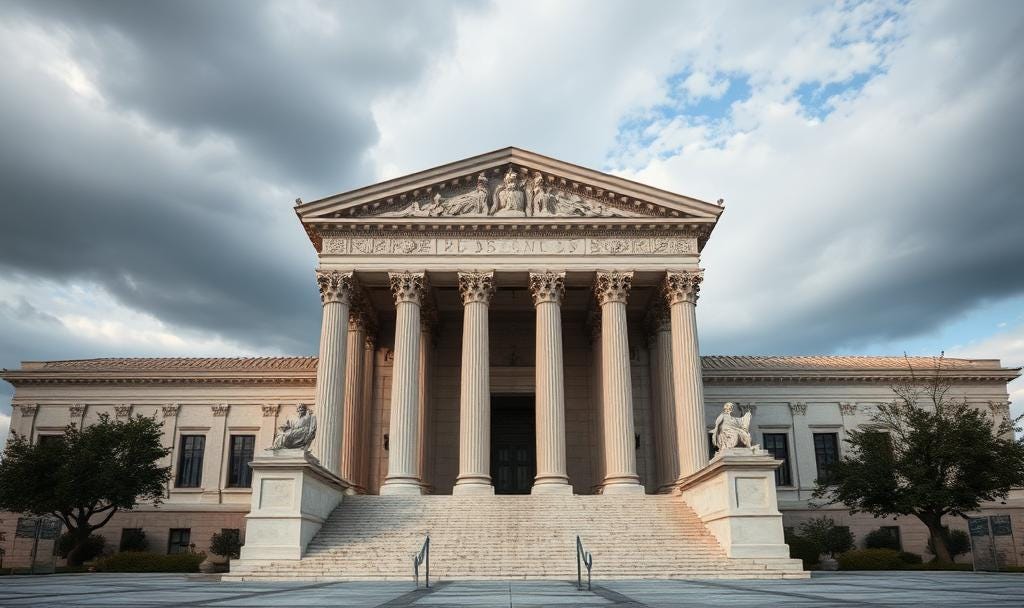Lawyers Are Fined For Fake AI Cites But Not Judges?
Attorneys who use artificial intelligence are fined by federal judges, but not federal judges who misuse AI. Still more evidence that the U.S. judiciary is unchecked and unaccountable.
Two federal judges in recent weeks levied monetary fines and other sanctions against attorneys who used artificial intelligence in legal briefs, citing fabricated cases or ancient case law that was long ago dismissed.
But nothing happened when two U.S. District Court judges allegedly d…


